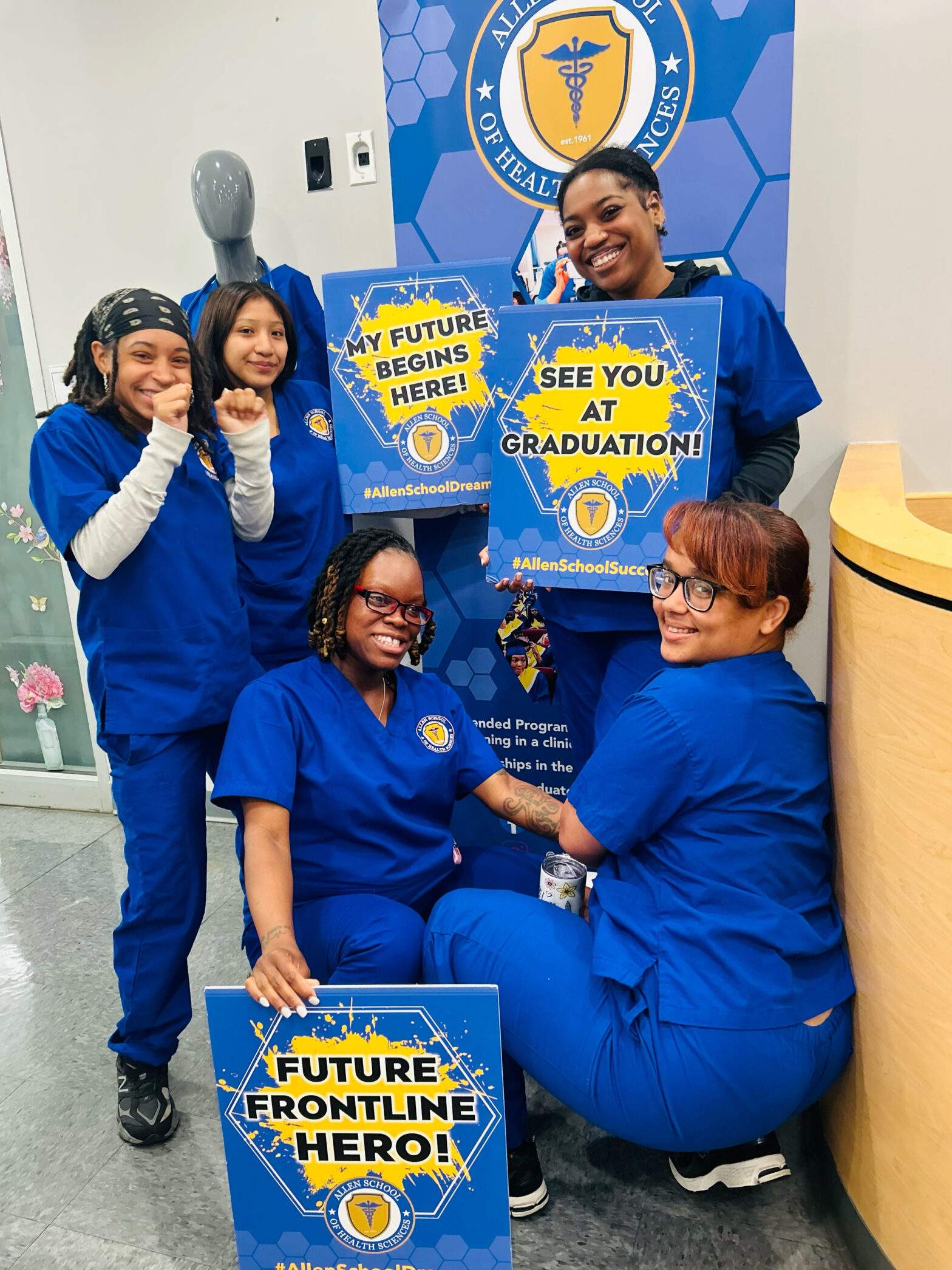Cultural Competency in Medical Assisting
Today’s healthcare landscape is made up of patients from all walks of life, each with their own values, languages, and beliefs. For medical assistants, understanding those differences is essential to providing respectful, effective care. When patients feel seen and understood, communication improves, trust grows, and outcomes are better. That’s why cultural awareness is becoming an increasingly important skill for anyone pursuing a career in patient care.
What Is Cultural Competency in Healthcare?
Cultural competency in healthcare refers to the ability of providers and staff to deliver care that is respectful of and responsive to the cultural and linguistic needs of patients. This includes understanding values, customs, communication styles, and health beliefs that may differ from your own.
It goes beyond simply having the information, extending to your attitude and behavior. Culturally competent providers listen actively, ask thoughtful questions, and work to eliminate biases that can impact patient care. In diverse communities, this skill is essential to building trust and ensuring that all patients feel safe and seen.
The Role of Medical Assistants in Diverse Patient Care
Medical assistants are often the bridge between the patient and the rest of the care team. From check-in to follow-up, they interact with patients at multiple points in their visit, making medical assistant cultural competence especially important.
Whether you’re gathering health history, preparing patients for exams, or explaining next steps, cultural understanding helps you communicate clearly and avoid misunderstandings. It also creates space for patients to speak freely about their needs, concerns, or cultural preferences related to treatment or care.
For many patients, that small gesture of understanding can make a big difference in how they view the healthcare system – and whether they return for future care.
Language Barriers and How to Overcome Them
One of the most common challenges in providing culturally competent care is navigating language differences. Even when a language barrier exists, demonstrating patience and kindness can help build trust. Being mindful and proactive supports a better experience for everyone involved.
While many facilities have access to professional interpreters, medical assistants can also play a vital role by:
- Speaking clearly and using simple language to avoid confusion
- Being aware of nonverbal communication that may differ across cultures
- Utilizing translation tools or multilingual resources when appropriate
- Respecting a patient’s preferred language and noting it in their records
Cultural Sensitivity Training for Medical Assistants
Cultural sensitivity in healthcare is a skill that can and should be developed over time. Many training programs for healthcare professionals now include cultural awareness topics to help future medical assistants understand:
- How culture influences health beliefs and behaviors
- How to identify and set aside personal biases
- The importance of active listening and empathy
- Strategies for navigating cultural misunderstandings
- Ethical considerations in diverse patient care
The goal isn’t to become an expert in every culture; it’s to become open, adaptable, and curious. As you encounter different people and situations, cultural sensitivity will help you respond with professionalism and compassion.
Why Cultural Competency Leads to Better Patient Outcomes
When patients feel understood and respected, they’re more likely to trust their providers, follow medical advice, and return for ongoing care. That’s why cultural competency in medical assisting isn’t just good practice, it’s good medicine.
Benefits of strong cultural competency include:
- Improved communication and fewer misunderstandings
- Increased patient satisfaction and trust
- More accurate diagnoses and effective treatment plans
- Stronger relationships between patients and providers
- Improved health equity
Ultimately, cultural competency is essential to inclusive, patient-centered healthcare.
Learn to Enhance Patient Care with Cultural Expertise at Allen School of Health Sciences
At the Allen School of Health Sciences, we believe healthcare professionals should reflect the diverse communities they serve. That’s why cultural competency in medical assisting is part of the broader skills we encourage our students to develop throughout their training.
Our commitment to inclusive care and student support helps create an environment where future healthcare professionals learn not just the technical skills, but also the human side of medicine.
If you’re ready to join a field where empathy, communication, and respect are just as important as clinical knowledge, medical assisting may be the path for you. With the right foundation and a deep respect for those you serve you can become a positive force in healthcare.
Contact our team for more information about our medical assistant training programs today!

